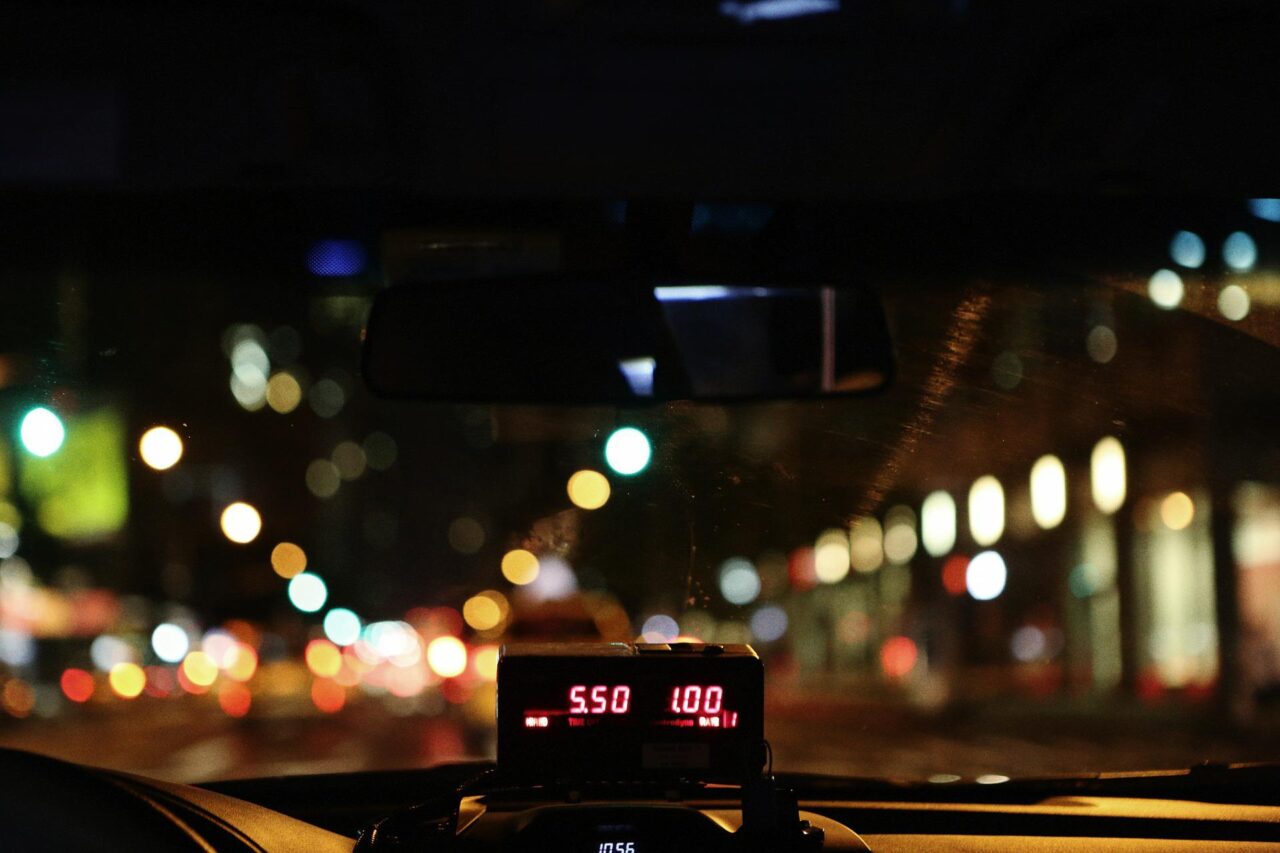Taxi fares may increase to help drivers

We are facing rising costs in every part of our lives, so it is not a surprise that taxi fares are also being affected, and today we received devastating news that energy bills are expected to soar by £1,500 a year from October. As with other businesses, taxi drivers are also facing increases and have had a difficult time dealing with soaring prices at the pumps for most of this year.
This is in addition to rises in other costs, such as licensing and taxi insurance.
While many licensing authorities across the country have approved taxi fare increases from 5% to 20% to help drivers and operators, it is a big blow to taxi drivers in Nuneaton that the brakes have been put on their bid to increase fares for the first time in six years.
Nuneaton and Bedworth Borough Council had been asked to increase the Tariff 1 starting fare from £3.50 to £4.10, and Tariff 2 from £4.75 to £5.65.
As reported TaxiPoint, the council had also been asked to allow drivers to claim additional payments from the passenger when extra costs are incurred.
The last time the licensing authority put up fares in the region was 2016 and since then, petrol prices have soared from £1.03 per litre to £1.81 per litre and we are all dealing with the cost-of-living crisis which got worse with the announcement of the household energy cap increase this morning.
TaxiPoint also highlights that inflation has increased 9.4% over the past 12 months and is 21% up since Nuneaton and Bedworth last increased taxi fares.
Reporting from the licensing meeting, Coventry Live noted that Councillor Sue Markham, cabinet member for public services, refused the request to increase taxi fares by local operators Mi Taxis and Crystal Cars, despite huge increases in fuel, vehicle and living costs facing drivers.
She did agree that additional payments can be claimed from the customer when the driver or operator faces costs, such as congestion charges and drop-off fees.
The decision on increasing fares will be reviewed in November.
Taxis are recognised as a vital part of the communities they serve, especially helping vulnerable people.
Drivers and operators are understandably concerned that as the cost of running a taxi or taxi fleet continues to rise and fares remain unchanged, they may not be able to afford to continue.
As well as being able to cover the cost of fuel, taxi insurance and maintenance, drivers must also be able to afford to live and increasing wages is another squeeze on fares if they do not rise at the same time.
In its application to the council, Mi Taxis Chairman JP Igoe warned of the urgent need for a review of taxi fares.
He told councillors that since the last increase, the national minimum wage has risen by 23% and the Government is encouraging operators to look to the future and invest in electric vehicles.
This is an expensive investment for operators and individual drivers to make, with suitable family-sized EVs costing about £25,000 and purpose-built cabs starting at £63,000.
For those that are still using petrol and diesel taxis, they also face Clean Air Zone and congestion charges in some towns and cities.
And, having purchased an electric taxi, drivers now face the struggle of finding suitable fast chargers nearby, as well as rising electricity costs, whether they charge their cabs at home or at a charging point.
Taxi drivers in the area will continue to feel the pressure following the fare rise refusal and it is hoped that something is done to help them when the decision is reviewed in November.






